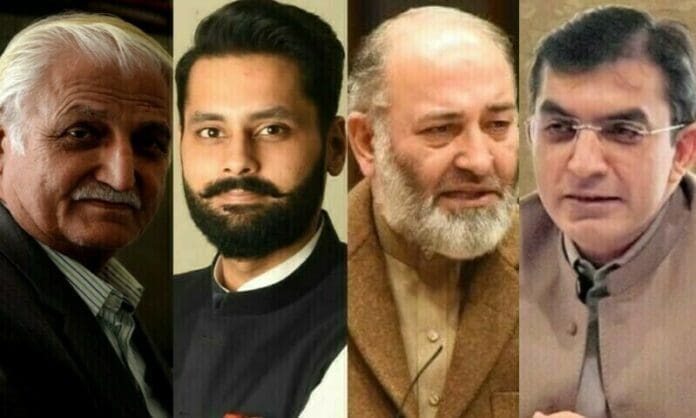The Supreme Court has received a joint petition requesting a declaration that the caretaker government’s decision to mass deport Afghans is illegal, unconstitutional, and violates fundamental rights. The petition, filed by Advocate Umer Ijaz Gilani on behalf of various individuals including Farhatullah Babar and Senator Mushtaq Ahmed, urges the court to prevent the federal government and state institutions from detaining, deporting, or harassing individuals who possess valid proof of residence, Afghan Citizen Cards, UNHCR asylum-seeker applications, or pre-screening slips issued by SHARP and SEHAR. The petition also seeks to protect individuals born in Pakistan with a claim to birthright citizenship. It calls for the federal government to allow UNHCR and its partner organizations to process and decide on asylum-seeking applications promptly. Additionally, the petition demands that the federal government collaborate with law enforcement agencies to safeguard the fundamental rights of all individuals currently in Pakistan. It argues that the government’s deportation policy fails to differentiate between birthright citizens and illegal immigrants, thereby violating the ruling in the Hafiz Hamdullah Saboor case. The petition also highlights the principle of non-refoulement, which prohibits the expulsion of individuals to countries where they may face political persecution. The policy of deporting refugees, according to the petitioner, contradicts Article 2A of the Constitution and disregards the additional challenges faced by individuals who may be marginalized due to factors such as ethnicity, religion, and gender. The government’s stance that all foreigners residing in Pakistan without valid visas are subject to deportation is challenged by the petition, which argues that many of these individuals were actually born in Pakistan and deserve birthright citizenship under Section 4 of the Citizenship Act, 1951. The petition asserts that these individuals lack documents because the government is unwilling to issue them, despite supporting laws and court judgments.
